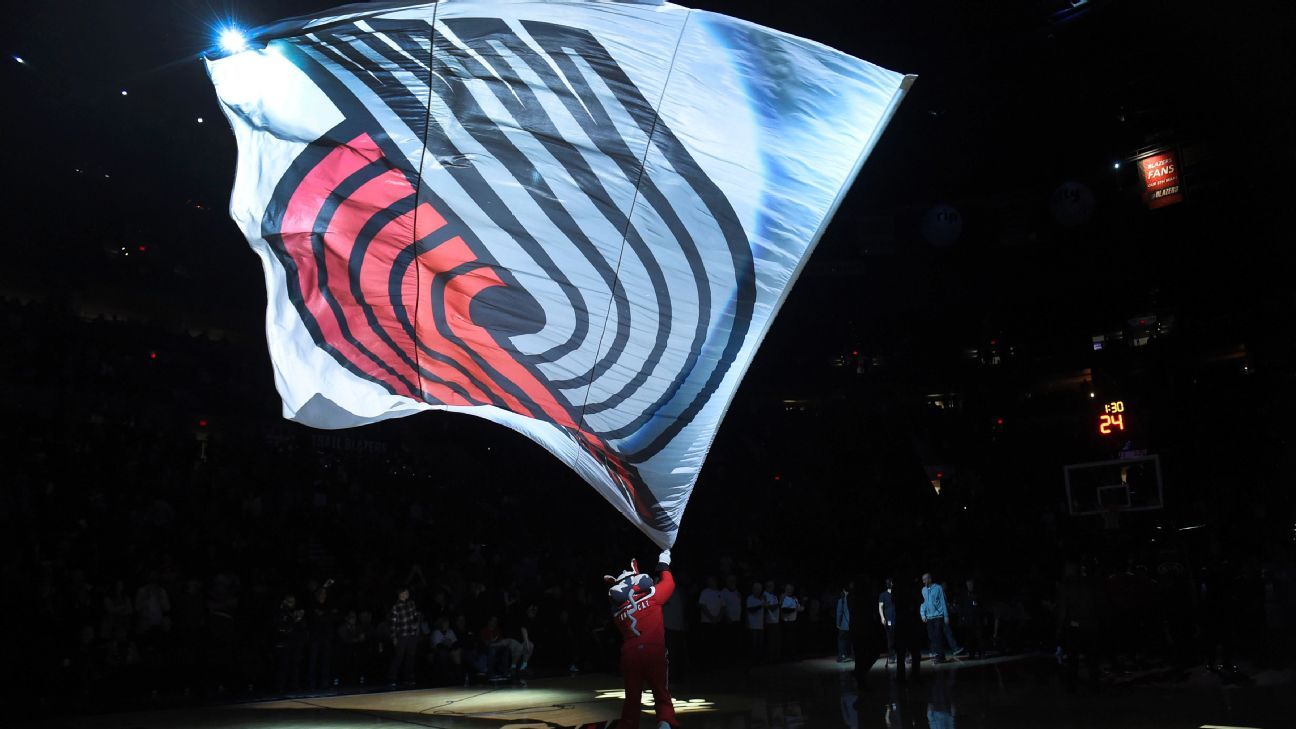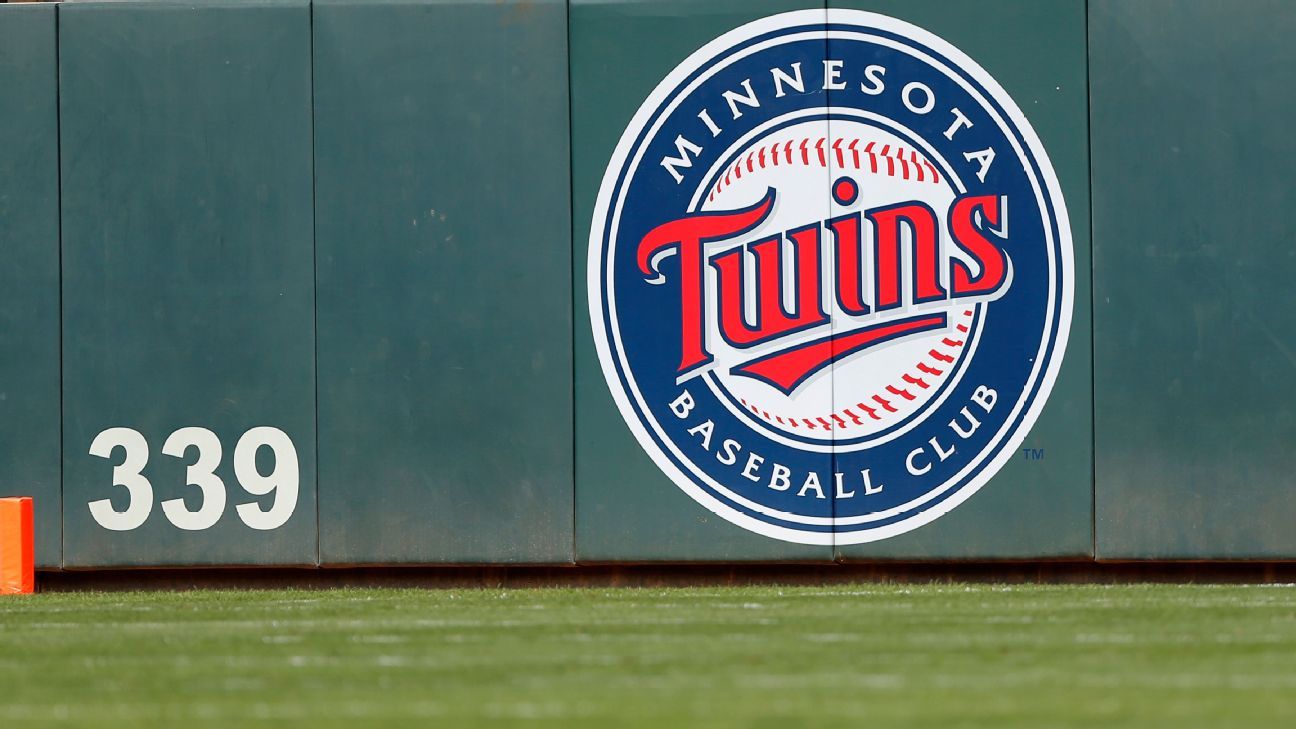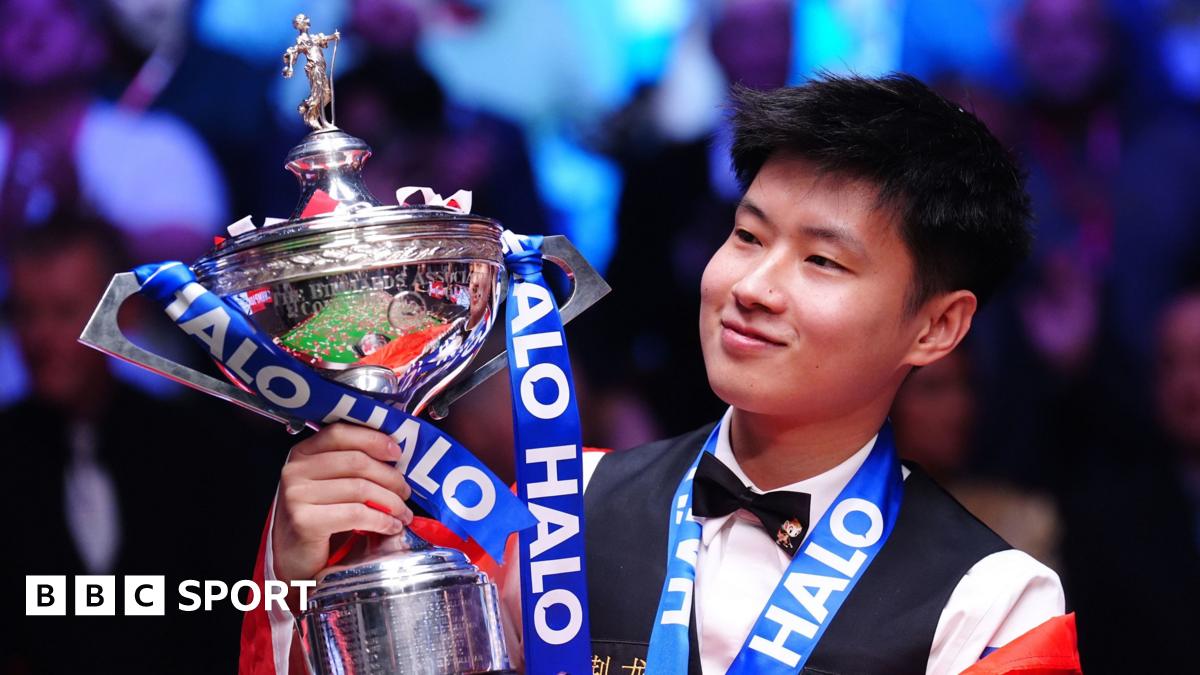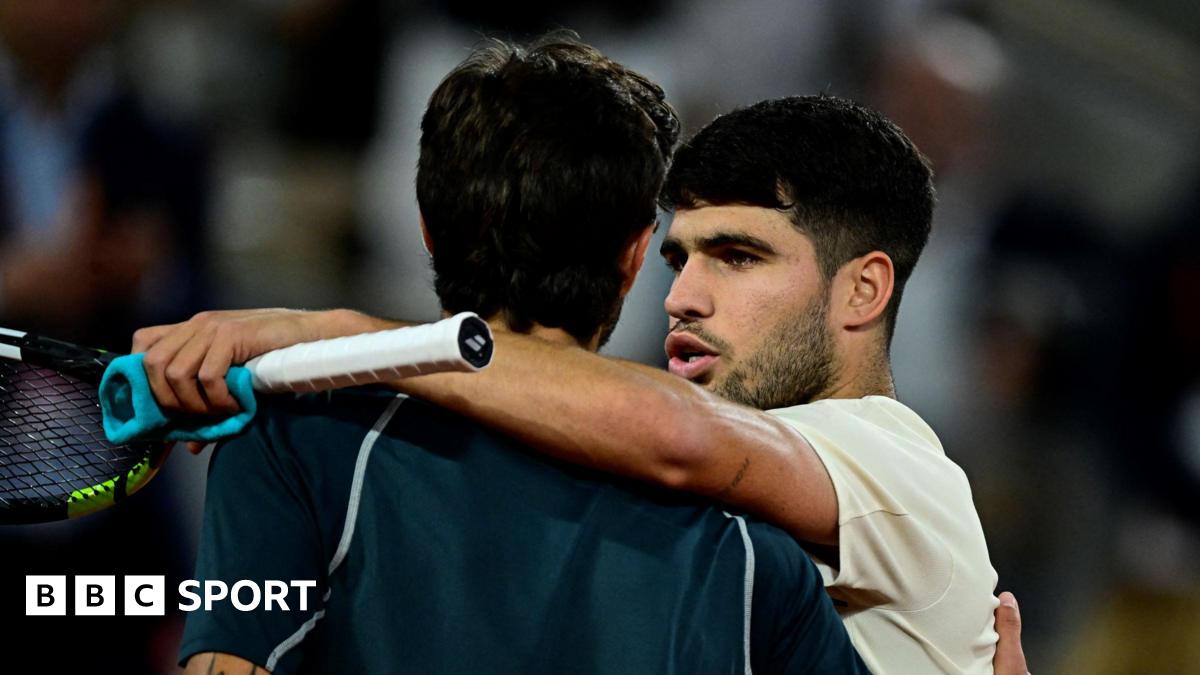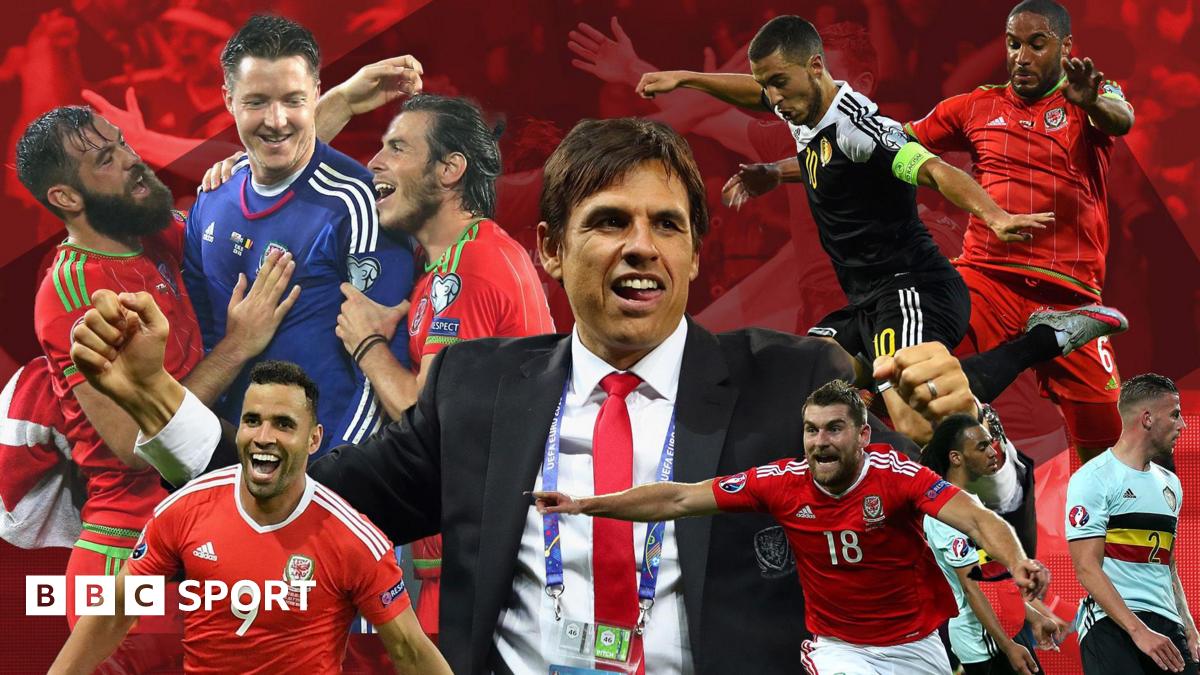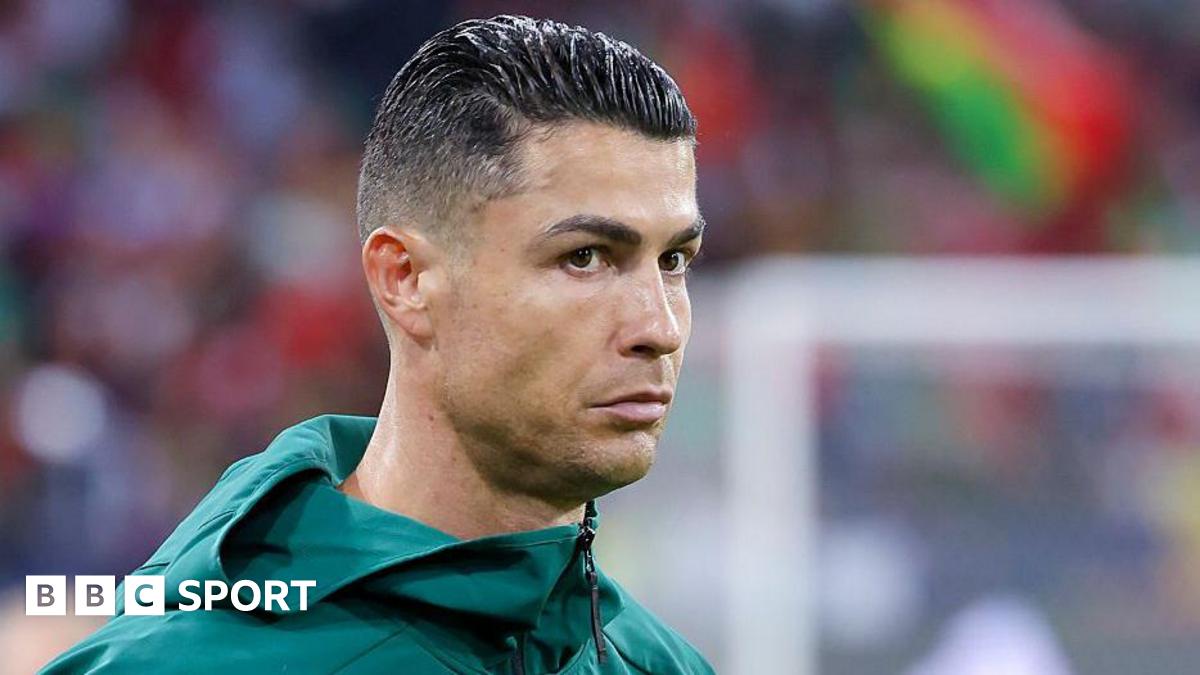Two months before the New York Liberty tip off on their quest for a repeat title, a different group of professional women's basketball players celebrated a championship.
Minutes after leading the Rose Basketball Club to the inaugural Unrivaled championship, Brittney Sykes was the last to enter the postgame news conference. After hitting the winning free throw to clinch the title for the new 3-on-3 league, the Rose guard held the trophy as she jogged up to the podium. The players sat together, bottles of champagne lining the table in between microphones in front of them. They all reached their right hands over their heads in their signature celebration.
"No. 1 in the inaugural season," Kahleah Copper said. "Shout-out to Unrivaled. No. 1.'"
The Rose was the first champion of the new league that played in Miami this winter, a season that was considered a roaring success. And as the team members lifted the Unrivaled trophy over their heads, it signaled the end of the league's first season. But it also marked the start of what comes next.
"Any time you have an inaugural anything, you just have to get that first season under your belt. You've got to get that sample size," Skylar Diggins told ESPN. "I've been a part of a couple of expansion teams, I've been in the [pandemic] bubble. You just have to experience it to know what it's like. Then you start to build."
Co-founders Napheesa Collier and Breanna Stewart said Unrivaled's opening season was a success -- from financially to the product on the court and to fan engagement. But now, as the league said to revolutionize the WNBA offseason takes a backseat to its more established counterpart, Unrivaled's stakeholders must figure out how to build on the momentum.
How might the league grow? How could the game look differently in seasons to come? Can Unrivaled continue to draw the WNBA's biggest names and get stars such as Caitlin Clark and A'ja Wilson to sign on? And how might Unrivaled impact the WNBA, and possibly its collective bargaining agreement, going forward?
ESPN looks at the biggest questions facing Unrivaled.
In the days leading up to Unrivaled's first games in mid-January, Collier and Stewart already considered their new league a success.
"Even with no games having been played, the response we've had and the ecosystem we're affecting already without playing, salaries are going up across the board -- overseas, in other domestic leagues, we have our CBA negotiations [in the WNBA] -- I think on that front we feel successful already," Collier said.
The season mostly bore that out. Viewership, attendance and revenue reflected what many inside the league were feeling in Miami -- that Unrivaled was presenting a good product.
Unrivaled made around $30 million in revenue, a league source told ESPN, which is double what league officials had projected. The league's multiyear media rights deal with TNT and a plethora of corporate sponsorships -- Sephora, Ally and Under Armour, to name a few -- likely account for most of that number. But Unrivaled's front office members also said ticket and merchandise sales were strong.
After raising $35 million in funding through investors and funding seeds before the season tipped off, Unrivaled nearly broke even in its inaugural season and is projected to turn a profit in Year 2, a source told ESPN.
The league averaged 221,000 viewers on TNT and truTV during its first season, with the championship game between the Rose and Vinyl drawing 364,000 viewers. Last season, the WNBA averaged at least 1 million viewers in a record 22 regular-season games on ESPN. WNBA games on ION averaged 670,000 viewers in 2024, up 133% from the previous season.
Building upon branding and marketing through social media -- the league's players collectively gained about 1 million followers over the course of the season, according to Unrivaled president Alex Bazzell, who is Collier's husband -- is another area in which Unrivaled hopes to capitalize in Year 2.
Collier and Stewart always intended for Unrivaled -- a six-team league that plays a 14-game regular season over eight weeks -- to provide a domestic offseason alternative for WNBA players to supplement their income.
"We want to become the spot where when players go professional, it's ... 'I'm going to go to the WNBA, but I'm also going to go to Unrivaled,'" Bazzell said.
At least some within the WNBA said Unrivaled hit that mark.
"Hopefully [the WNBA] grows to a point where there are more games, a larger footprint and less of this going back and forth overseas. Hopefully, that's the W getting big enough to where it's like the NBA: This is the one league. You come and play in it and nowhere else," one WNBA general manager told ESPN.
"But until that time, this is a pretty cool, happy medium between overseas and being exhausted because you're playing year-round, not getting any rest, and the alternative of not playing at all during the offseason."
Ahead of the WNBA draft, commissioner Cathy Engelbert said the two leagues are not comparable, with Unrivaled's six teams playing for 10 weeks while the W's 13 teams (and counting) play 44 games over five months.
"I'm really proud of what they're doing," Engelbert said of the upstart league. "Of course, we'll have -- by the time we get done -- 16 teams, over 190 players we need to take care of. So, I know it's a lot easier to do 30 in one spot."
Unrivaled's founders and front office have been clear they don't view the league as a direct competitor to the WNBA, but they believe its presence will impact negotiations for the new collective bargaining agreement, which the WNBA players' union opted out of in October. The union pointed to increased salaries, improved maternity benefits and better retirement planning as three priorities in a new deal, as well as an equity-based model. Unrivaled already offers all of these things.
And going forward, Unrivaled is committed to paying what has been an average salary of $200,000 and what the league claims is the highest average salary in women's team sports, though Bazzell told ESPN it's unclear if new players moving forward would get equity.
"The bottom line is these women deserve to be paid more ... We want to continue to double down on the players here without trying to dilute what we can wholesomely pay them," Bazzell said. "We've got to continue to do right by the players who took a leap here."
What might expansion look like in Year 2?
Just one day before becoming this year's No. 1 WNBA draft pick, Paige Bueckers -- hot off winning an NCAA title with UConn -- signed a three-year deal with Unrivaled. She's set to make more money in one 10-week season with the 3-on-3 league than over her entire four-year rookie contract in the WNBA, sources told ESPN.
In its first year, Unrivaled was a landing spot for many of the WNBA's biggest and best stars, including seven No. 1 WNBA draft picks, one former WNBA MVP and 17 former Olympians. Unrivaled sources told ESPN they will continue to push for additional big-name players such as Wilson and Clark, with whom they plan to have conversations in the coming months.
If Unrivaled is unable to land the likes of Clark and Wilson, insiders believe the league will still be successful. But a WNBA general manager told ESPN they feel Unrivaled needs to have around 18 to 20 of the top players in the WNBA signed to contracts, or the league will lose a lot of interest.
"We want this to be a league that will be here for generations," Collier said. "This is our inaugural season so we can't do everything at once ... we do want to grow but only to a certain extent."
Year 2 of Unrivaled will continue with six clubs -- Lunar Owls, Rose, Vinyl, Mist, Laces and Phantom -- but around six to eight players will be added to the player pool.
The league will try to play one to two games outside of Miami, although it wasn't specified where. There is also hope to add a few hundred seats to the 850-seat Wayfair Arena.
Adding a handful of players instead of new teams ensures that each club has enough available players to compete every night. It was an issue that came up midseason for the Laces, who were forced to forfeit a game due to injuries.
A relief player pool was created midway through the season to help combat the growing number of absences due to injury. While 36 athletes were originally signed to roster spots, over 40 players had seen playing time by the end of the season.
"We were only healthy at the beginning of the season, but at full strength, we were really competitive," Laces player Kayla McBride told ESPN. "That made it tough -- having all of our players injured and then having new players come in. I thought that the relief players were great, though."
One WNBA general manager told ESPN there is concern about the wear and tear on players -- perhaps even more than if they played overseas.
"They were surprised by the intensity, duration and amount of practices," the GM said of Unrivaled.
Multiple GMs told ESPN there also was a concern about player injuries in Unrivaled, saying, "It could hurt our league" if star players were hurt.
And WNBA GMs also wonder if Unrivaled can continue to guarantee covering injured players' WNBA salaries if they miss the WNBA season, particularly if salaries increase substantially with a new CBA.
What in-game adjustments might be made?
With Unrivaled's rule of the winning score being 11 points more than the leading team's total through three quarters, the 2025 championship play looked a little different: The Rose needed just one more point to win, and Sykes was at the free throw line for an and-1. Sykes hit the foul shot and the celebration ensued.
That's a rule that will be examined over the offseason.
"The fact that games can be ended on a free throw, especially when one shot counts for two points, it takes some of the excitement away," a source told ESPN.
League officials said they would look at a number of rules and areas of the game to see where changes or improvements could be made, but few in-game adjustments are imminent. One Unrivaled coach told ESPN that outside of the rules surrounding free throws -- which count for 1, 2 or 3 points depending on whether it's an and-1, a foul on a 2-point field goal or 3-point attempt -- there were no glaring issues. The source said changing the free throw rule in season was debated at one point but then abandoned.
The biggest piece of feedback the league office got from the players was the need for more space between locker rooms and a larger training space to create more separation between teams. Coaches also want more training space and more flexibility around scheduling practices.
Each team was scheduled for a few hours of practice time on the court and in the weight room that rotated throughout the week. But in order to get extra or individual training, athletes and their trainers had to fit in the small blocks of time where neither were occupied.
"It became this thing where, yeah, I can come back in six hours, but I'm tired by then," one Unrivaled coach told ESPN. "It's a first-world problem for sure, but when you are working with these athletes, it's big for them. ... Most high-level players, every day they have the things they need to do and like to do."
Many of this season's players also told league organizers that they want to play with the same roster group for 2026.
"I got aligned with a really good group, so I would love to come back next year, but only if I can hooty-hoo," said Diggins, giving a nod to the rallying cry of her Lunar Owls.
"The run that we went on in the middle of the season, we were picked to be last of the league and we [won]," Chelsea Gray said of the Rose. "We stayed the course. Being a part of this group is something I am really, really proud of."
Now, Unrivaled's goal is to keep the same energy and intimate feel as it expands. Maintaining parity will be a priority, but the league doesn't know yet how it will accomplish that.
The one thing Collier and her co-founders are sure of is that Unrivaled has to keep using what the players want as its driving force. It's what the league was built on, and why the stakeholders believe it was so successful.
"Growth and sustainability are both of our top priorities," Collier said. "We still want to keep this about the top players and build everything for them."





